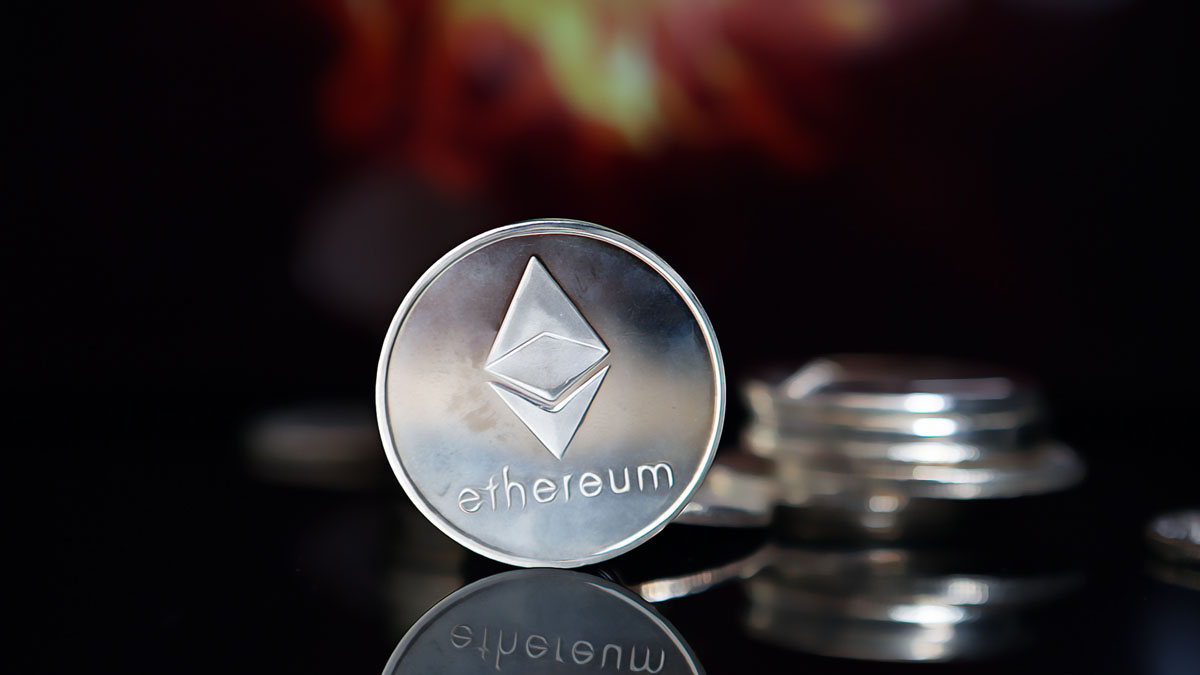Ethereum’s network has recently experienced a significant reduction in transaction fees, a shift observed over the last two months. The cost per transaction on the Ethereum blockchain has fallen dramatically from $30.33 to a mere $1.91. This 93.7% decrease in transaction costs marks a substantial relief for users and developers alike, making it increasingly affordable to interact with the network.
Details on Fee Reduction
Currently, the average cost of executing a transaction on Ethereum is about 0.00065 ETH, or $1.91. Simpler transactions, such as basic ETH transfers, now range from $0.18 to $0.37. Furthermore, costs associated with more complex operations like decentralized swaps and NFT sales have also seen reductions, now costing between $4.16 to $12.31 depending on the transaction type.
Transaction Volume and Network Activity
Over the past 50 days, the Ethereum network has maintained a daily transaction volume exceeding one million, highlighting robust network activity. The highest recorded transaction volume in a single day reached 1.324 million, illustrating the intensive use and reliability of the platform.
Key User Inferences
– Users can now execute transactions at a significantly lower cost, enhancing affordability.
– Developers and enterprises may find the reduced fees beneficial for deploying and operating decentralized applications.
– The decrease in transaction fees may lead to increased transaction volumes, potentially enhancing the liquidity and utility of the Ethereum network.
Impact of the London Upgrade
The London upgrade, which introduced a new fee structure through the Ethereum Improvement Proposal (EIP)-1559, has been pivotal in adjusting the economic landscape of the network. This upgrade helped stabilize transaction fees and implemented a burn mechanism, which has removed 4.29 million ETH from circulation to date. Despite the benefits for users, the current low fee environment poses financial challenges for network validators, affecting their incentives.
As Ethereum continues to evolve, the interplay between user costs, network security, and validator incentives will be critical in shaping its future scalability and sustainability. The ongoing adjustments to transaction fees and network policies are vital for maintaining a balance that supports both growth and security.













